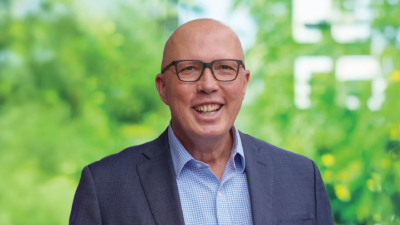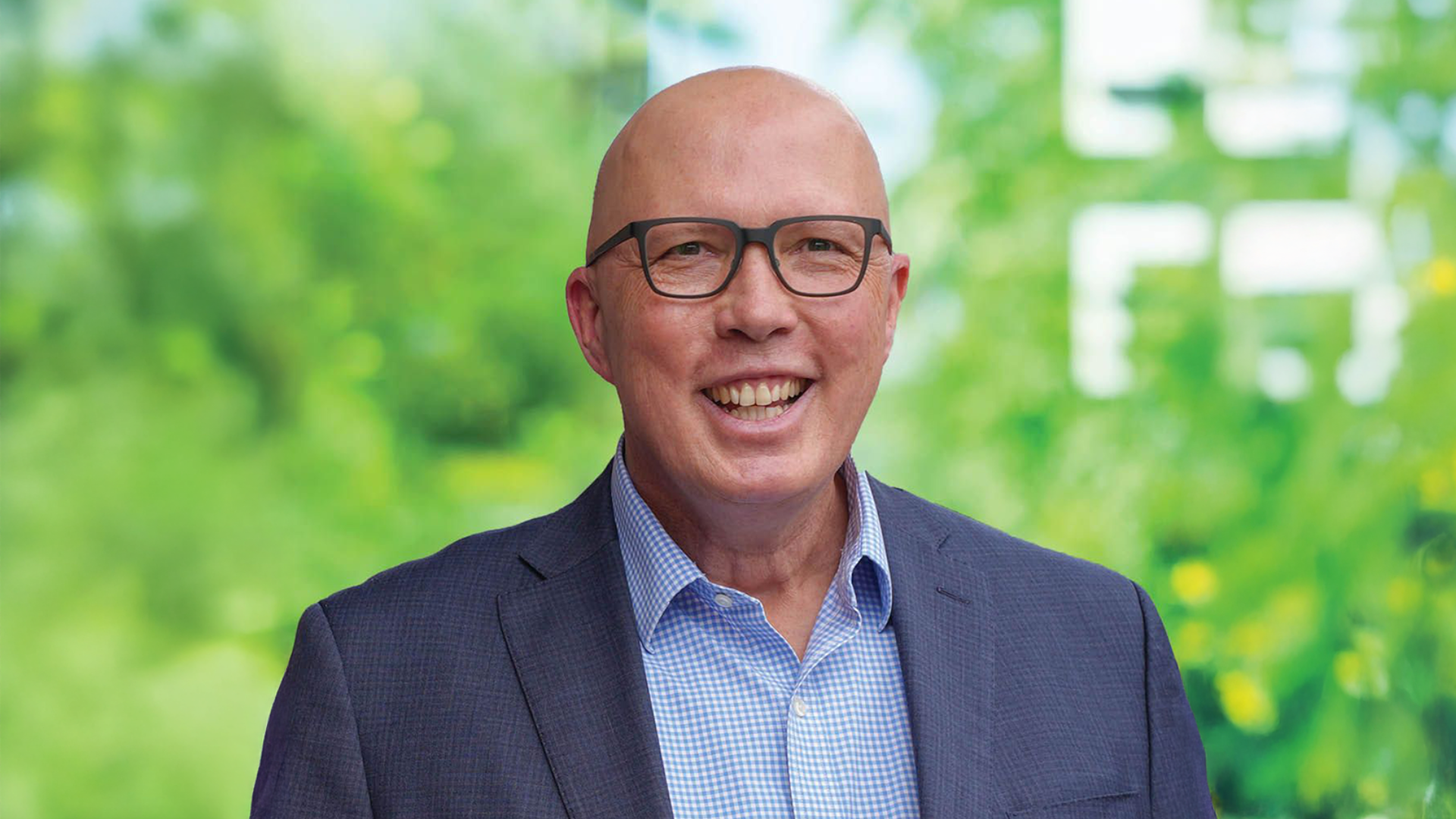UniSuper’s VC foray a sign of things to come
UniSuper’s decision to dip its toe into venture capital is all about members. The question is whether the fund will go further down a road that few others have tread.
It’s an investment that would barely move the dial on overall returns, but the $75 million that UniSuper has tipped into early-stage commercialisation manager Uniseed shows that the fund is keen to tap into what members really want. Both parties have the hard international border we’ve all bemoaned these last two years to thank for the deal.
With borders shut, a key source of Uniseed’s funding – foreigners on significant investor visas – was drying up. Uniseed wanted to crack the insto market for more money, and a member of its investment committee approached Pearce for advice; UniSuper was instead happy to tip in the funds themselves. Owned by the CSIRO and the Universities of Melbourne, Sydney, Queensland and NSW, Uniseed’s pedigree made it a natural fit for a tertiary education fund that only recently went public offer.
“When we met venture capital funds in the past, there were issues around cultural alignment and fee structures, and it was pretty clear that this was a different team,” Pearce said. “It’s probably because of the university connection, and we got to a much more comfortable position in terms of cultural alignment and fees – it’s really more of a cost-sharing agreement rather than a two and twenty on committed capital.”
UniSuper has been winding down its “scattergun” private equity allocations for several years now; when Pearce arrived, it constituted a few billion dollars across almost a hundred funds, with no real investment principle to guide the allocations – the opposite of the “discerning” approach that one should take with highly illiquid investments. But the relatively small size of this investment, and the strength of the partners involved, seems to have made it an easy sell. Pearce is hopeful that UniSuper will be able to commit more capital to the venture further down the road.
“It’s also given us a privileged access for co-investment opportunities,” Pearce said. “If something is going to be taken to stage three or four of funding, that’s typically where Uniseed will pull out because it’s gone to a certain level of development that’s going to require a much larger financing round. That’s where UniSuper can really come to the fore, and we’ll have an early bite of the cherry, so to speak.”
UniSuper’s largest member growth is now in its sustainable options, and the relatively small $75 million investment has more to do with what those members want than the wider rush to alternatives prophesied by instos and the press that dutifully cover them. Likely a sign of things to come for the industry – members want more sustainable options, and funds are going to have to get creative to deliver them – the VC investment comes as Statewide seeds a bespoke fund designed with the sustainability needs of its members in mind. UniSuper is also looking “very closely at the whole green thematic”; finding few mature listed names to play, Pearce anticipates that UniSuper will do more early stage investing in private markets.
Other funds have had a shaky history with venture capital, given the difficulties around scale and their relative unfamiliarity with the asset class. And despite the aforementioned rush to alternatives, Pearce thinks that the Your Future Your Super (YFYS) performance test might hinder other funds thinking about making their own forays.
“I don’t think the test is particularly helpful when it comes this asset class,” Pearce said. “These are certainly non-benchmark type assets, so for those funds that are very benchmark aware and keen not to take too much risk against the benchmark, maybe the test will dissuade them from it – but that’s just a hypothesis.”
Outside the new investment, Pearce says UniSuper is “seeing no dealbreakers at all” in the proposed merger between itself and Australian Catholic Super, and due diligence is progressing without incident. And while he’s enjoying life in public offer land – UniSuper racked up around $1.5 billion inflows through word of mouth before launching its new advertising campaign this year – he concedes the timing was a little off.
“Timing from a macroeconomic perspective is not perfect – we’ve got a war breaking out in Europe, we’ve got central banks around the world on tightening cycles, and that’s leading to a lot of volatility in equity markets,” Pearce said. “Arguably we could have been even more successful if markets were a bit quieter.”











